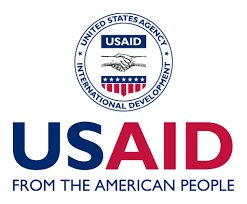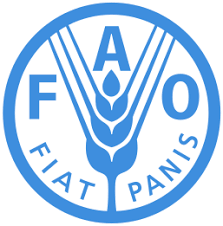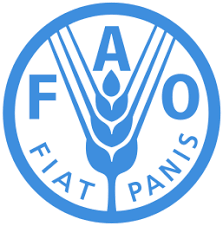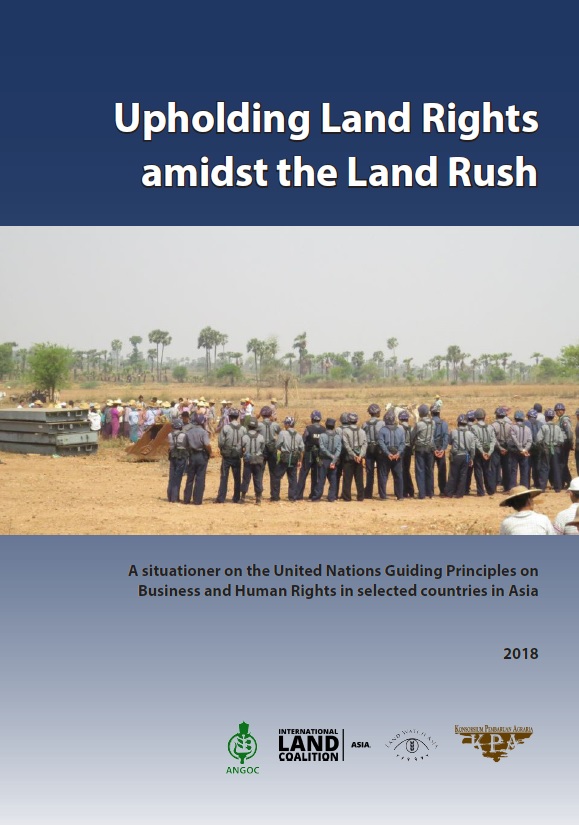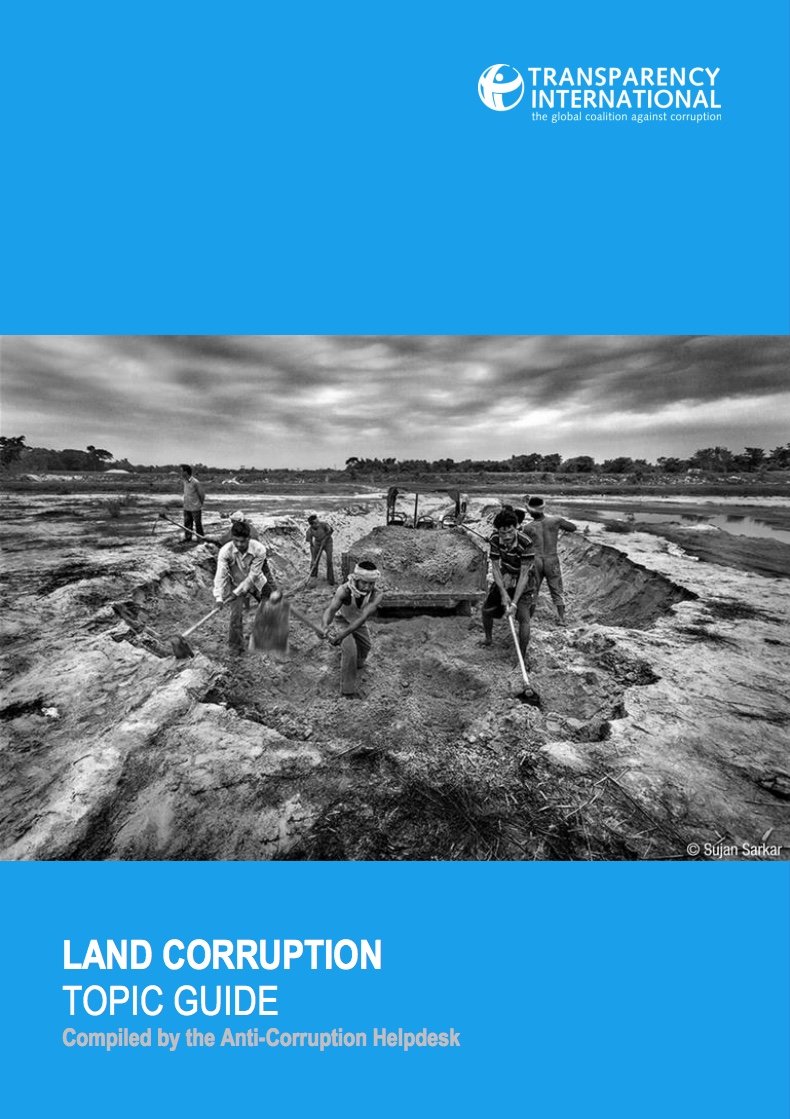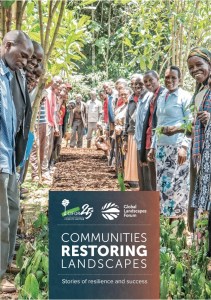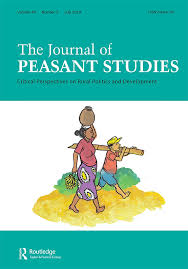VGGT: Training and MOOCs
E3/Land designs and implements training activities that build the capacity of USAID, the United States Government, beneficiaries, and other stakeholders to better understand and address land tenure issues. In-person trainings can be Washington D.C.-based as well as regional, and some trainings are online, such as the Massive Open Online Courses (MOOCs). If you have any questions about trainings and MOOCs or if you cannot locate a specific activity that you are looking for, please contact E3/Land.

